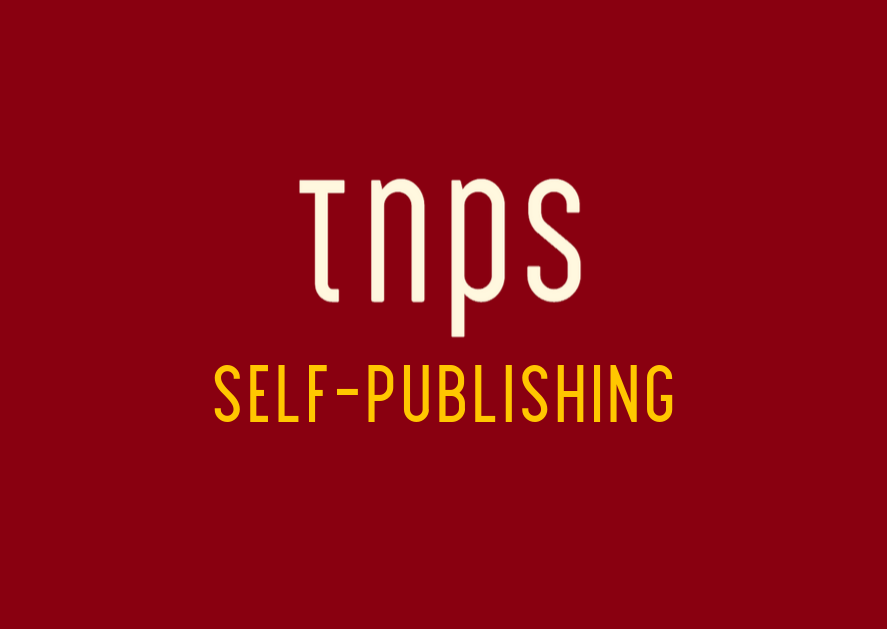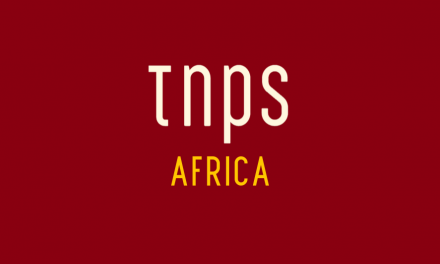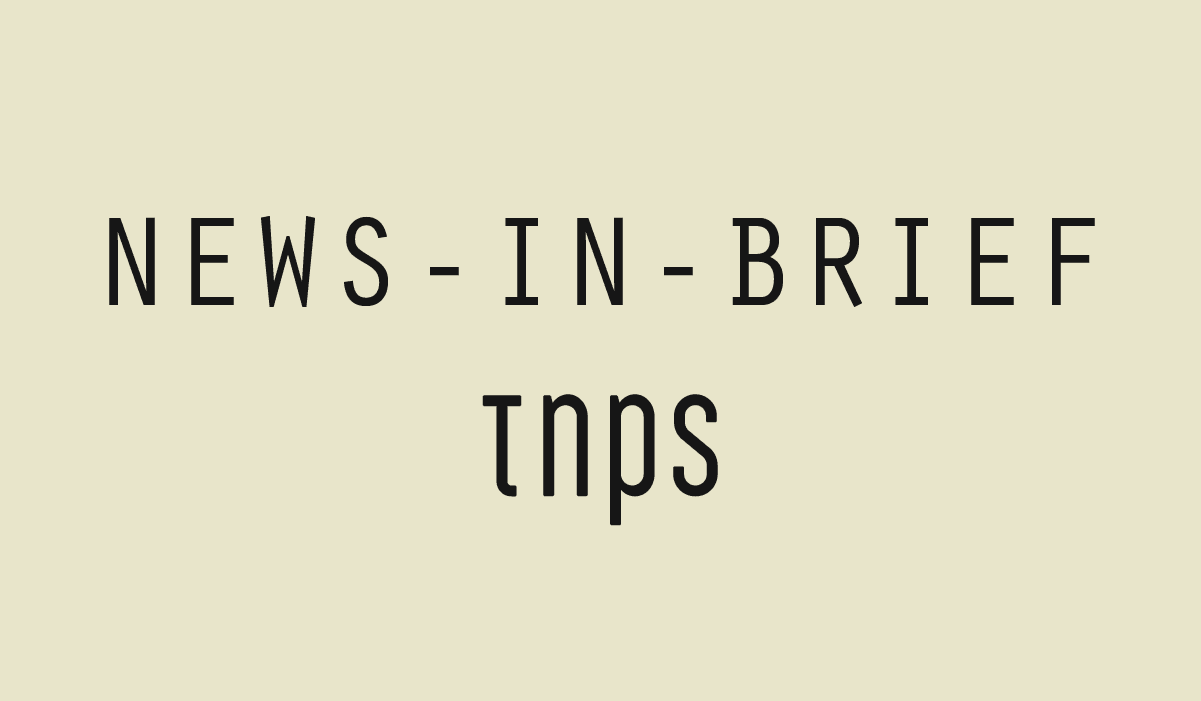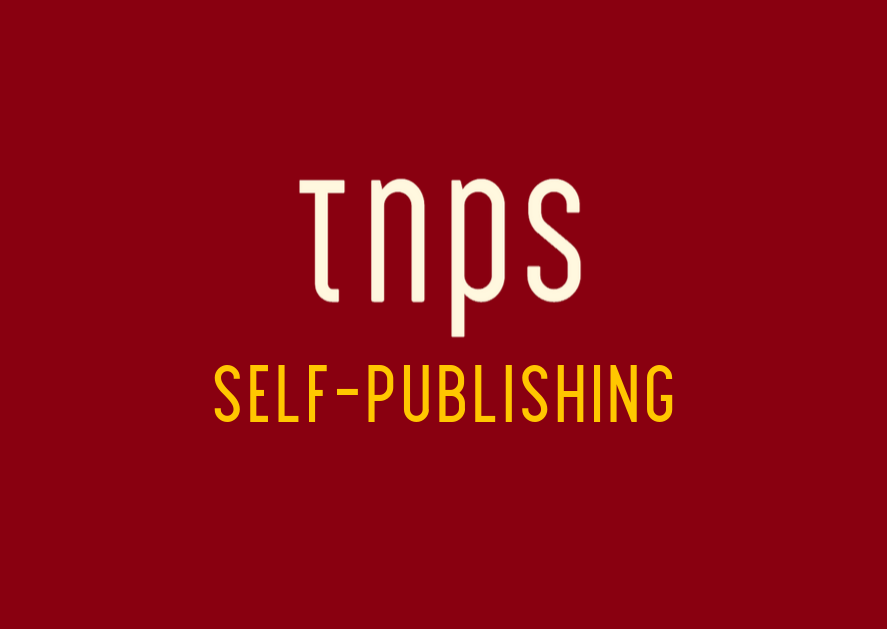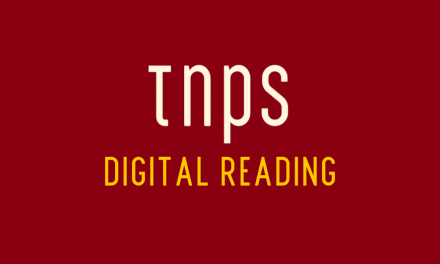Intent on preserving its reputation for quality, IngramSpark, the print-on-demand arm of Ingram that targets self-published authors, sent out notice today that new rules would come into play in April 27, and that some authors may find their titles removed from sale.
IngramSpark is taking a necessary stand to uphold the integrity of and reduce bias against independently published works. To align with our industry’s needs for content integrity, we will actively remove print content from our catalog that does harm to buyers and affects the reputations of our publishers and retail and library partners.
Among the offending products that were previously tolerated will be:
- Summaries, workbooks, abbreviations, insights, or similar type content without permission from the original author.
- Books containing blank pages exceeding ten percent, notepads, scratchpads, journals, or similar type content.
- Books or content that mirror/mimic popular titles, including without limiting, similar covers, cover design, title, author names, or similar type content.
- Books that are misleading or likely to cause confusion by the buyer, including without limiting, inaccurate descriptions and cover art.
- Books listed at prices not reflective of the book’s market value.
- Books scanned from original versions where all or parts contain illegible content to the detriment of the buyer.
- Books created using artificial intelligence or automated processes.
Authors will not be refunded for any set-up fees paid should a title be removed after April 27, and no warnings will be given.
Some indies will have legitimate cause for complaint. Blank page journals clearly sold as such are popular with consumers who buy the product wanting blank pages with a cover from their favourite author or featuring their favourite characters or book series.
I somehow doubt Ingram has any problem with mainstream publishers selling journals like this., and the rule, intended to prevent scammers selling books of blank paper to unsuspecting customers, seems too broad in its application.
Item 3, “Books or content that mirror/mimic popular titles, including without limiting, similar covers, cover design, title, author names, or similar type content” could also leave many authors open to having titles removed.
A quick search on Amazon reveals a ton of authors with the name Mark Williams, and the title of my best-selling novel is also the title of an untold number of other books. Begging the question how Ingram plans to decide which are legitimate and which are scams.
Similar covers and cover design too leaves genuine indie authors wide open to title removal. How similar is similar? Who will decide? Is this to be another Amazon-style trial-by-algorithm?
Authors will also be concerned to find the new rules apply only to paperbacks, not to ebooks, so an author may have a title in digital and print with IngramSpark and wake up on April 27 to find the paperback is no longer permissible but for reasons known only to IngramSpark the exact same author name / title / cover image / cover design is being sold via Ingram’s digital outlets.
That said, most of the rules are to be welcomed and for the larger part no legitimate author can have any real objections to them.
But for those picked out above, the real issue is going to be fair enforcement of subjective rules – a problem even the mighty Amazon has singularly failed to find a solution to.
It’s a safe bet that come May 2020 we’ll be seeing lots of irate authors crying foul as the rules kick in, and some will have legitimate grievances.
I’ll end this post with a reminder that the IngramSpark promotion that allows free uploads to the catalogue still has about five week to run. But authors will need to supply their own ISBN for each title submitted.
More details on that in the most recent edition of the StreetLib-TNPS newsletter for indie authors, Publish Global, which has been hitting email inboxes over the weekend.
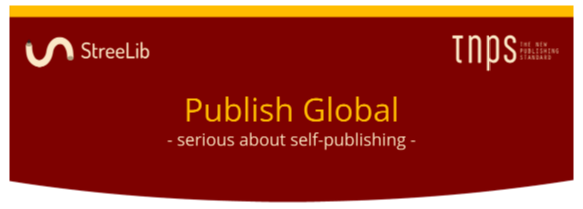
Full details of today’s IngramSpark announcement can be found here.

